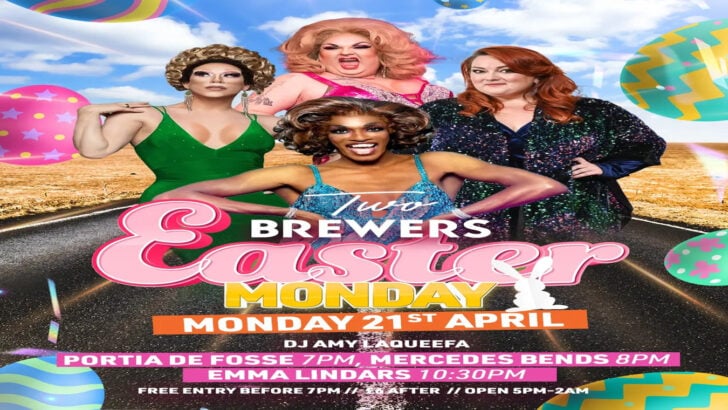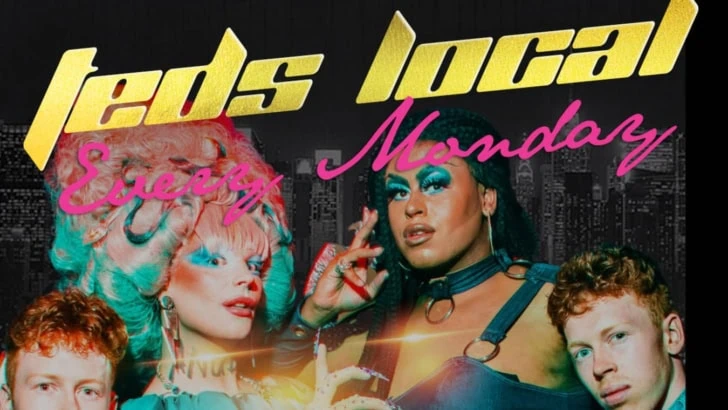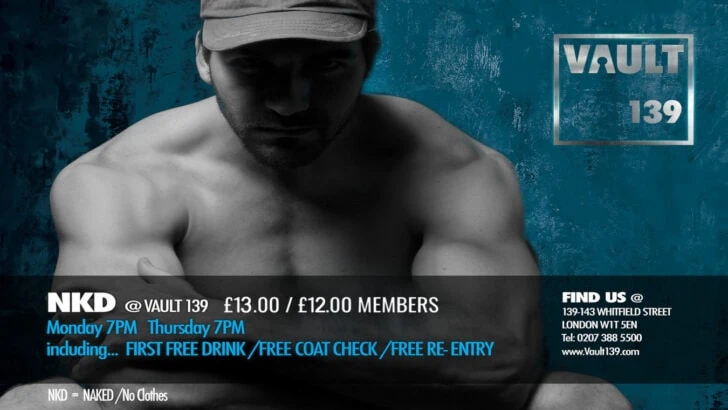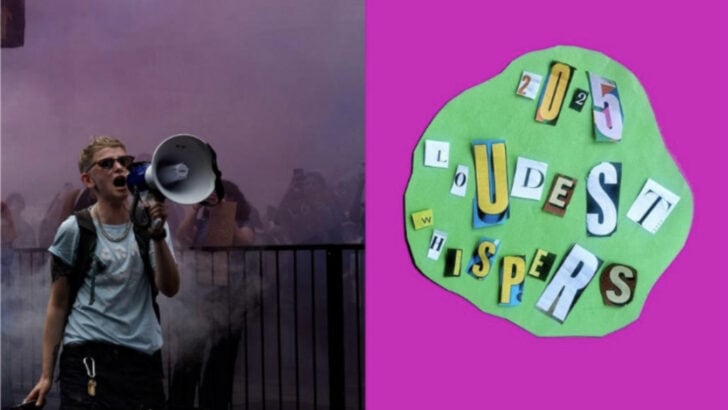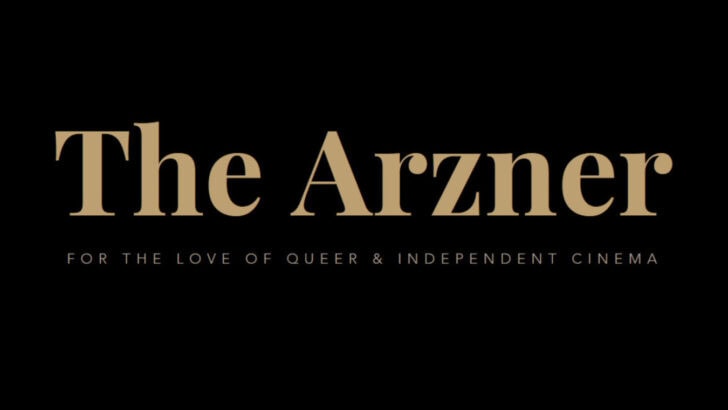For those who lived through the AIDS crisis HIV stigma is still a huge issue, but for those born after the epidemic there’s a different issue entirely: ignorance. Chris Godfrey talks to young HIV activist Luke Alexander about his generation’s worrying lack of knowledge and the danger this poses.
Hey Luke. Firstly congratulations on completing your A-Levels! How did you feel going back to college after your diagnosis?
It was incredibly daunting actually. If I remember rightly I was diagnosed three months before I went back into my education and I remember one of the first thoughts on my mind was that I didn’t really want to be judged. I would be older as well, so that would be something to take into consideration.
The whole thing was daunting because you don’t know how young people are going to react and in that time frame between being diagnosed and going to college I’d met a few young people who were very ignorant, not through their own accord but just through the lack of knowledge that they haven’t received which they probably should’ve done.
So I was a bit daunted, a bit scared actually, to think I don’t know how I’m going to handle this because it only takes one person to add me on social media to even find out.
So how was it being there in the end?
It was brilliant! I didn’t go out shouting about it, but if anyone asked I was there to give some information and after about eight months of being there I actually had the BBC in for a radio piece they were doing on HIV. I had them in college on a lunch break so everyone was really intrigued. So that was quite a big step for me.
I was also given an assignment where you had to write about something in your life, so I wrote about my HIV diagnosis. At the end I had to read it out to my whole English class and they were quite shocked. But overall I think I got more questions than ridicule and that was something I welcomed very much. Anyone who is young and unaware asking me questions is a good thing.
Do you think that ignorance about HIV is a serious problem in the young generation?
I think it’s a massive gap in knowledge between the generations. But also stigma isn’t fixed in any generation. I’ve always said from day one that I’ve discovered there’s two demographics: there are those who remember the John Hurt ‘Don’t Die of Ignorance’ AIDS advert in 1986, who lived through the horror of the eighties and saw things such as the activism from Princess Diana and Elizabeth Taylor. There are people who witnessed all that and they hold AIDS in their minds as the death sentence that it was.
Then we have another demographic, people like me who were born in the 90s and who pretty much skipped over it; we were never told, we were never taught. It was something we had to look at in films like Philadelphia and Trainspotting.
When I was at college and got a bit more comfortable with my status I went around and did a very mini questionnaire and I asked 16 and 17 year olds what HIV is, what did it do, is there a cure for it – just very mundane questions. Some of them had never heard of it, half of them I asked thought it was curable, and I think about a third thought it could be passed on through kissing or sharing a glass. It just goes to show that these people didn’t know. It was really disheartening to find these young people, my generation, have absolutely no idea.
That same week I got a horrible message, which really made me cry, from a young boy, 17, who’s just been diagnosed. He sent me a message and he was asking me where he would have to hide his medication from his mother when he starts. I asked him what do you know about HIV and he said practically nothing, I’ve heard of AIDS and I’ve heard it kills you.
People are either stuck in the 80s or have no clue at all.
Anyone who is young and unaware asking me questions is a good thing.
Given the ignorance around the subject what do you think is the most important thing young people should know that they might not already?
The main message I would give to anyone is to get tested. I’m not the type of person to scream condoms and throw them at people. I have the philosophy that most people who don’t like condoms won’t use them ever. But most new transmissions come from those who do not know they have HIV because they have a high viral load, because their virus isn’t suppressed, so it is much easier to pass on and most people who acquire HIV get it from someone who doesn’t know they have it themselves.
Even with the ignorance among the younger generation, is stigma still a big issue?
Personally I’ve seen the majority of stigma come from within the gay community. A lot of young people I’ve spoken to about HIV don’t even really know what it is. So there isn’t that stigma built in to a lot of people. It obviously does still exist but I’ve had young people think they could get it from touching, so that stigma is present in their mind. But the majority of the stigma I’ve found is from within the gay community, probably out of fear because it’s a high-risk demographic.
The older generation actually still regard HIV as the AIDS death sentence that it was. That’s where the stigma is most strong. I think that’s where most of it comes from today. It’s very mismatched and all over the place, you never know who you’re going to talk to and what they’re going to know.
What would be your advice to someone who has just received a positive diagnosis?
I would advise them to not worry, to know that HIV is completely manageable condition. If you take your medication properly every day and you keep your body healthy and you do all the things that someone with HIV should do, you will live a long life, should you be diagnosed early.
To young people specifically I would just say do the sensible thing and be yourself. Don’t let it get to you. The deadliest part of HIV now is the stigma and that is something you’re totally able to overcome if you have the right mentality.





